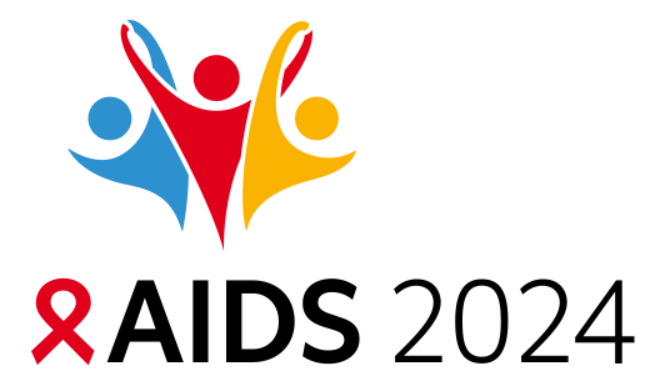Global Fund’s 2018 Eligibility List and update of Projected Transitions
- 20.03.2018 14:14
- Post Views: 1,104
The Global Fund has published its 2018 Eligibility List:
The Eligibility List is published on an annual basis. The 2018 Eligibility List does not impact allocation funding during the 2017-2019 period. The next allocation is expected to take place at the end of 2019, for the 2020-2022 period. A country component would need to be eligible on the 2020 Eligibility List in order to be considered for an allocation in the next funding cycle, noting that eligibility does not guarantee an allocation. If a country has no eligible programs, it does not appear on the list.
Also the Global Fund has updated the a list of country components projected to transition fully from Global Fund financing by 2025 due to improvements in income classification and based on current eligibility criteria. These projections are not intended as binding determinations or statements of Global Fund policy, and are only provided as an additional resource to assist countries in preparing for transition.
Both documents are available following this link: https://www.theglobalfund.org/en/funding-model/funding-process-steps/eligibility-transitions/
Related News
Learning session on Implementation of Component 2 of the Global Fund’s Community Engagement (CE) Strategic Initiative (SI) in Ukraine: what is being planned to support communities in 2024 – 2026
Post Views: 4 Read moreEECA Region Space Schedule during AIDS 2024

Welcome to the EECA Region Space at the Global Village during AIDS 2024 Conference! Our dedicated space at the Global Village is designed to highlight the unique perspectives and experiences of the EECA region, fostering collaboration and inspiring action. Join us for a series of engaging sessions, workshops, and presentations that will explore a wide range of topics.
Services for migrants and refugees from Ukraine – HIV/TB care with a focus on key populations
Due to the increasing flows of refugees from Ukraine because of Russia’s invasion of Ukraine, the EECA Regional Platform created a spreadsheet to fill contacts details of face-to-face and online services for refugees and migrants (with a focus on HIV/TB care and key population groups).
Regional Platform – EECA
This web-resource is a part of new regional communication and coordination project “Regional Civil Society and Community Support, Coordination and Communication Platform - EECA”, implemented by Eurasian Harm Reduction Association (EHRA).
Tags
See also
-
EECA’s Regional Platform monthly Newsletter #8, October 2024 04.10.2024 11:59







